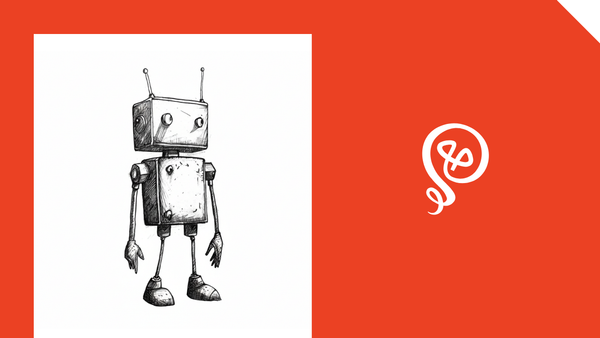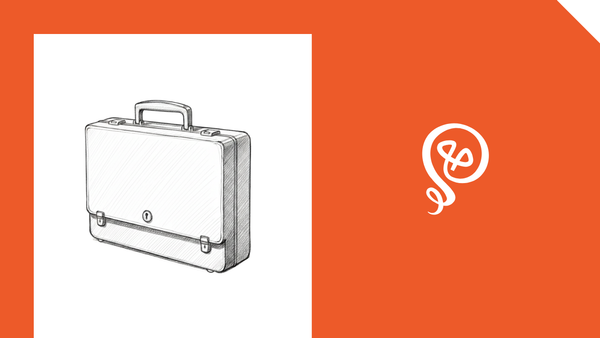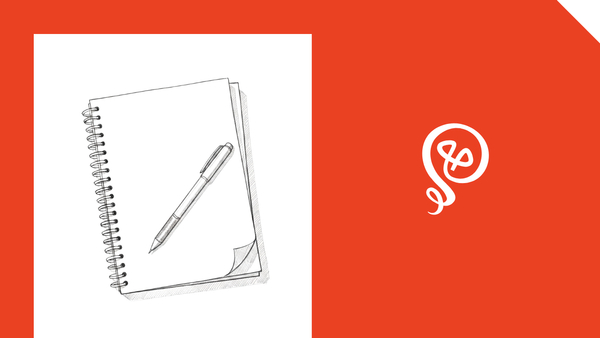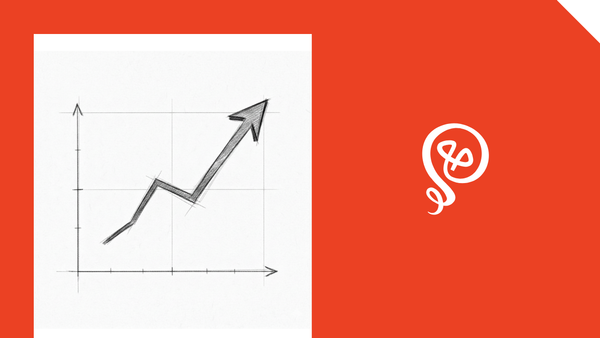My Daily Mix of Productive and Unproductive
How I structure time around bursts of energy and breaks.

The internet is overflowing with productivity advice.
- “How I Squeeze Every Ounce of Productivity From My Day!”
- “How I Hustle from Sunrise to Sunset to Achieve My Goals!”
- “How I Effectively Multitask Ten Things At Once!”
I’ll assume that the authors of these pieces are trying to be helpful. Heck, I’ve even fallen into that camp and written about time blocking.
It’s tempting to find motivation in articles about productivity. Or they have the opposite effect and make us feel bad — like we’re not doing enough.
But the reality is that we can’t be productive all. the. time. We’re not machines. At some point, the quality of our work will suffer. The only thing achieved is serious burnout.
The idea that humans can be productive for 8 consecutive hours per day is a myth. We do other things: surf the internet, respond to emails, text with people, attend unproductive meetings. We’re not doing 8 hours of what Cal Newport refers to as “deep work.”
I’ve come to realize that I only have a few productive hours per day. That’s it. Sure, I can get additional work done… but not good, deep, meaningful work. Not only that, but I have to break up my day into smaller chunks: deep work, break, deep work, break. DONE. At that point, my brain has maxed out and I have to find less intensive work to do.
Since this realization (about a year ago, when I joined The Great Resignation and embarked on a new career), I’ve learned to think about my day differently and structure it in a way that makes the most sense for my productivity.
Find the Best Time of Day for Your Deepest Work
I’m an Extreme Morning Person, always have been. Way back in college, I was never the person who would stay up late the night writing a paper the night before it was due. Instead, I’d be up at the crack of dawn racing to finish.
Most days, I’m awake by 4:00 a.m. and use that time for the deepest work of my day. There are no interruptions (other than my cats): my family is asleep, my colleagues aren’t sending me Slack messages, and there are no looming meetings. I usually end up with somewhere between 1.5–2 hours of time — after coffee and Wordle, of course.
This works for me, because it fits with my natural body rhythm. My spouse is the opposite: as a software engineer, he stays up late to get his coding done. But the effect is the same. We’ve both identified a quiet time of day when we can do our deepest work.
I work with some people who do their deep work during traditional working hours. The time is a dedicated block on their calendars for “focus time.” This can be successful but requires more discipline to ignore the constant pings for attention.

Knock Out the Hard Stuff Early in the Day
After my morning deep work, I need a second block of time in my day to do other tasks that require concentration. For me, this usually ends up being sometime between 9:00 a.m. and 11:00 a.m. I don’t need the entire amount of time, but I still have a lot of energy at that point. It’s time to eat the frog.
Mark Twain once said:
If it’s your job to eat a frog, it’s best to do it first thing in the morning. And if it’s your job to eat two frogs, it’s best to eat the biggest one first.
The difference between my first block of productive time and the second, is that my first block is time for something I enjoy doing. I reserve my most productive time of day for that block — because I will, by far, get the most done.
But my second block of time is for knocking out something hard, that needs my attention, that isn’t necessarily something I want to do, but something I have to do. Something that would be a lot harder if I hit the unproductive time of my day. It’s my Frog. Best to get it out of the way so that I can move on with my day.
If you’re like my spouse and your most productive block of time is late in the day or the evening, you should still Eat Your Frog in the morning. That way, it’s not hanging over you when you get to your deep work.
Glide Through the Middle of the Day, Taking Breaks When Needed
The middle part of the day is often a mix of highs and lows. I eat and get energy, but depending on the number of meetings I have and the type of work I’m doing, I often feel sluggish by the afternoon. Sound familiar?
“There seems to be a natural rhythm or set clock in our bodies, so many people tend to feel a little sleepy around 2:00 or 3:00 in the afternoon,” says Lona Sandon, RD, MEd, a professor of nutrition at the University of Texas Southwestern Medical Center. For me, since I wake up at an uncommonly early hour, this happens even earlier in the day. So how do I push myself through that long stretch in the middle of the day?
I don’t.
I schedule little breaks throughout my day so that I don’t have a long stretch. I use an AI-powered calendar assistant called Reclaim that blocks off 30 minutes of time twice per day: “Lunch” and “Brain Break.” What’s cool about Reclaim is that it’ll move this time around on my calendar each day, depending on when things are scheduled. But if meetings start to pile up, then the scheduled time will be “defended” and can no longer move.
I’ve found that I need that downtime. It gives me a chance to step away from my computer and recharge. Sometimes I’ll go for walks or take a nap. By taking regular breaks, I rarely feel overwhelmed or exhausted during the day.
Evening is for education. And also Netflix.
I have a long list of things to read, online classes to take, and podcasts to listen to. Because of how I’ve structured my day around productivity, this falls to the evening. I need a chunk of time when I’m not likely to be interrupted. But it also can’t be my most productive time of the day, because I need to preserve that time for my deep work.
But I have to give myself grace. There are some evenings when I’m fantastically productive, plowing through several chapters of a book or taking notes while I watch a video about a topic I’m interested in.
Other nights, I do next to nothing. Even with all of my careful preservation of my energy during the day, I’m just not in the mood. Between busy days of work and three kids, I don’t want to do anything else other than brainlessly watch something on Netflix.
And that’s ok too.
I like having a plan, but over-scheduling comes with feelings of failure. In the evenings, I know that if I don’t get anything done, nothing will fall apart.
That flexible time is perhaps the best time because I give myself permission to do nothing. No one is depending on me. I can just be.
Check out my newsletter, written for people who want improve their workflows, enjoy tinkering with new tools, or want some life hacks.






